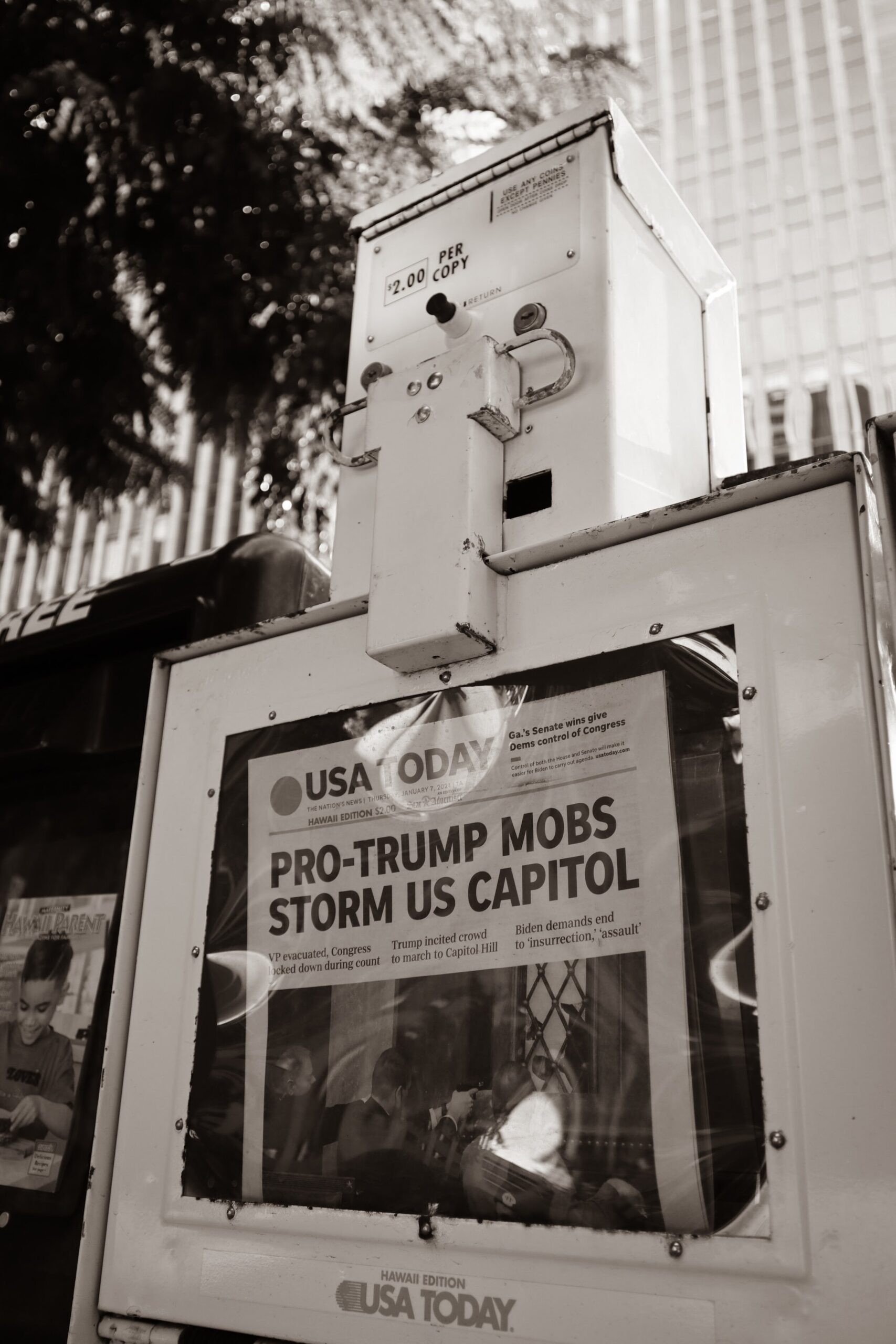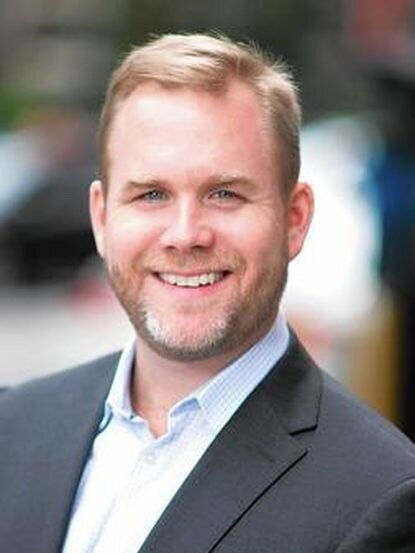
“And if they don’t fight, we have to primary the hell out of the ones who won’t fight.” President Donald Trump, January 6, 2020.
Tens of thousands of former Republican voters have changed their party registration since the events of January 6 in our nation’s capital, with most registering as independents or with a minor political party. This comes on the heels of yet another disruptive election cycle in which voters demonstrated their interest in disrupting the grip of America’s two-party duopoly by passing democracy reform initiatives, such as ranked-choice voting, approval voting, gerrymandering reform, open primaries, and greater campaign finance transparency.
As the nation now prepares for another impeachment trial, the immediate call for one of these democracy reform priorities is pressing. Open primaries, in which candidates must face all registered voters instead of only their registered partisan voters, must be adopted nationwide.
President Trump did three things on January 6th. He reiterated his false claim that he won the presidency. He incited a mob to attack the Capitol. And he threatened Republican lawmakers with political retribution if they accepted the results of the Electoral College.
The country is properly focused on the serious implications of a sitting President spreading deliberate lies and inciting a mob outside the Capitol. But we’ve not yet addressed how Trump so effectively intimidated lawmakers inside the Capitol. How did that happen?
Did 147 Republicans reject the results of the Electoral College because they truly believed the results were rigged? A few did. Most, however, knew we had conducted an honest election but feared being “primaried.”
46 states use party-controlled primary systems to elect members of Congress. In this system, only Democrats can vote for Democrats, Republicans for Republicans, and independents are either shut out or only sometimes allowed to participate. These low turnout partisan contests allow party bosses and organized party factions to have influence over sitting lawmakers that is unrepresentative of a member’s full district.
Just listen to the tape. In the weeks leading up to the Capitol insurrection and on the day itself, President Trump, both of his sons, and numerous media proxies talked endlessly about “primarying” any Republican who did not object to the certification of the Electoral College vote.
Trump declared at the January 6 “Save America March” that he would “primary the hell out of the ones” who would not use their standing as a Member of Congress to object to the Electoral College certification. “Any Senator or any Congressman that does not fight tomorrow, I’m telling you, their political career is over. [They] will get primaried,” his son Eric declared the night before. “I will personally work to defeat every single Republican Senator / Congressman who doesn’t stand up against this fraud,” tweeted his brother.
The closed primary dynamic impacts blue politics as well. Representatives Alexandria Ocasio-Cortez, Ro Khanna, and other progressives have exposed how the Democratic National Committee (DNC) threatens and intimidates vendors and candidates who don’t fall in line. It would be ironic, if it wasn’t so dangerous, how both Donald Trump and the DNC manipulate the primary process to impose their will.
The fight over primaries is no sideshow. It is a present threat. In January of this year, bills were introduced in seven currently open primary states to enact restrictive, closed primaries. The framing of these efforts could not be more clear – to instill discipline within the ranks.
Partisan primaries represented a significant advancement 100 years ago, designed to let voters into the smoke-filled rooms where party nominations had previously been decided. But over time, partisan primaries have become a tool for control and intimidation by reliably partisan voters in a system designed to stymie the emergence of new voices, new coalitions, and new competitors.
What’s the solution? Four states (California, Washington, Nebraska, and starting in 2022 Alaska) and most cities now conduct public primaries.
In public primaries, there are no more party silos. All candidates, regardless of party, appear on the same ballot. All voters participate and choose from among all the candidates. Candidates are thereby focused on assembling stable cross-partisan political coalitions, not pandering simply to the most fervent partisans.
If we had public primaries in all fifty states, we would have a very different Congress. The power we have seen this month of partisan actors and political bosses to demand fealty would be significantly diluted. We would see more cooperation, more backbone, and less partisanship. In fact, of the 147 Republicans who stood with Trump to reject certification of the Electoral College, only 4 were elected via a nonpartisan open primary system. All the rest are products of a primary system Trump and his allies threaten to use against them in the 2022 midterms.
There is so much that went wrong on January 6th. Amidst the fear, the anger, and now a national conversation around the ensuing Senate impeachment trial of the former President, let’s take the opportunity to recognize that the rules of the game, not just the players, need to be changed.
______________________________________________________________________________________________________________________
David Jolly
Former Congressman David Jolly served in the U.S. House of Representatives from 2014 – 2017. Jolly is a Co-Editor of Divided Union: Structural Challenges to Bipartisanship in America.
Patrick Murphy
Congressman Patrick Murphy represented Florida’s 18th district, covering the Treasure Coast and northern Palm Beach County, from 2013 until 2017. Murphy is a Co-Editor of Divided Union: Structural Challenges to Bipartisanship in America.
John Opdyke
John Opdyke is the President of Open Primaries. He is an activist and strategist with more than 25 years of experience working in independent, alternative, and reform politics. He is one of the country’s most visible and vocal advocates for primary reform.
______________________________________________________________________________________________________________________









